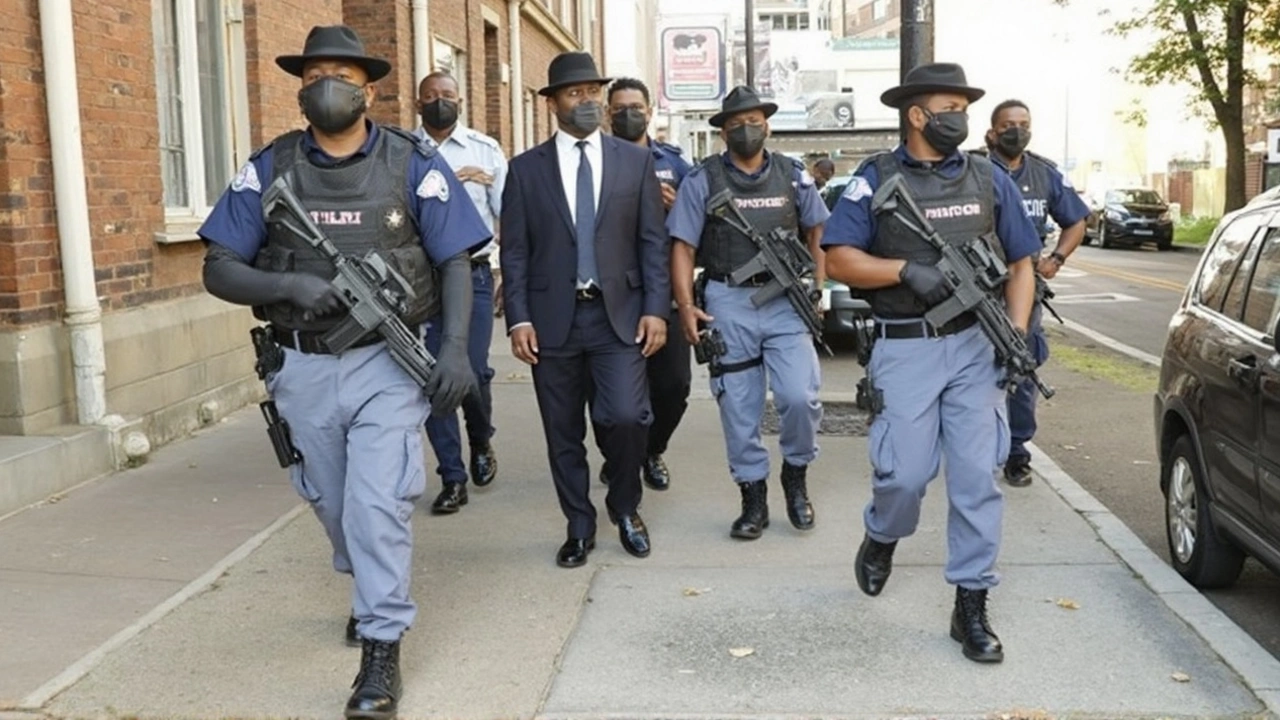Private security shapes daily life across Africa more than many realise.
From gated homes to shopping malls and small farms, private guards, CCTV and patrols fill gaps where public services are stretched. But not all security choices protect you — some make risk worse.
How to pick a reliable security provider
Start with licences and insurance. Ask for company credentials, PSIRA or local equivalent, staff vetting records and proof of liability cover. Check references and visit at least one active client site. Watch how guards dress, act and communicate — professionalism matters.
Costs, contracts and clear expectations
Be clear about what you pay for. Hourly rates hide a lot: patrol frequency, response time, reporting detail and replacement of absent staff. Ask for a written contract that spells duties, supervision, equipment standards and penalties for poor performance.
Use tech to measure results. GPS tracking, guard tour logs, CCTV cloud storage and mobile incident reports give clear proof of patrol activity and problems. Simple dashboards help managers spot gaps fast.
Training beats cheap labour. Ask about ongoing training in deescalation, first aid, fire response and customer interaction. Guards who understand rights, use minimum force and document incidents reduce legal risk for you.
Private security works best when it links with community and police. Share contact points, patrol schedules and incident reports with local authorities. Community tips often stop crime sooner than cameras alone.
Red flags include unclear payroll, broken radios, missing uniforms, or refusal to show vetting papers. Do random audits, surprise visits and ask for monthly incident summaries. If a company resists, consider replacing them.
Drones, dogs and armed guards have specific uses and legal limits. Drones help large farms and remote sites, dogs deter night intruders, and armed teams suit high risk cash or asset moves. Always check local laws and get clear permissions.
Layer protection to save money. Combine fences, lights, neighbourhood watches and periodic patrols before hiring 24/7 guards. Technology can replace parts of human presence without losing security quality.
When incidents happen, demand detailed reports with time stamps, photos and follow up actions. Quick independent audits prevent cover-ups and protect evidence for police use.
Smaller firms can be flexible and community focused. Big providers offer training, auditing systems and stable staffing. Match company size to your risk profile.
Make a security plan, test it, measure results, and change what fails. Good security is not expensive if it stops theft, injury or reputational damage. Start small, track outcomes, and upgrade as needs grow.
Here are quick checklist items you can use: confirm licences, view vetting records, test guard response, review tech reports, ask neighbours for feedback, and set trial period. Keep records and insist on monthly performance reviews. If problems appear, pause payments, escalate to owners, and switch providers quickly.
Laws change, so check local rules often. If you want help, get a security audit from a reputable firm, or ask your insurance broker for vendor recommendations. Make safety simple and practical. Start today, protect what matters, and review regularly.

South Africa's SAPS Lapses Force R11.8 Billion Shift to Private Security Every Year
Keabetswe Monyake Jun 27 10South Africa spends R11.8 billion yearly on private security due to SAPS's shortcomings, despite a hefty R100 billion police budget. Major departments shell out billions as crime remains high, and VIP protection costs keep soaring. The DA pushes for answers from Minister Cele amid mounting citizen frustration.
More Detail